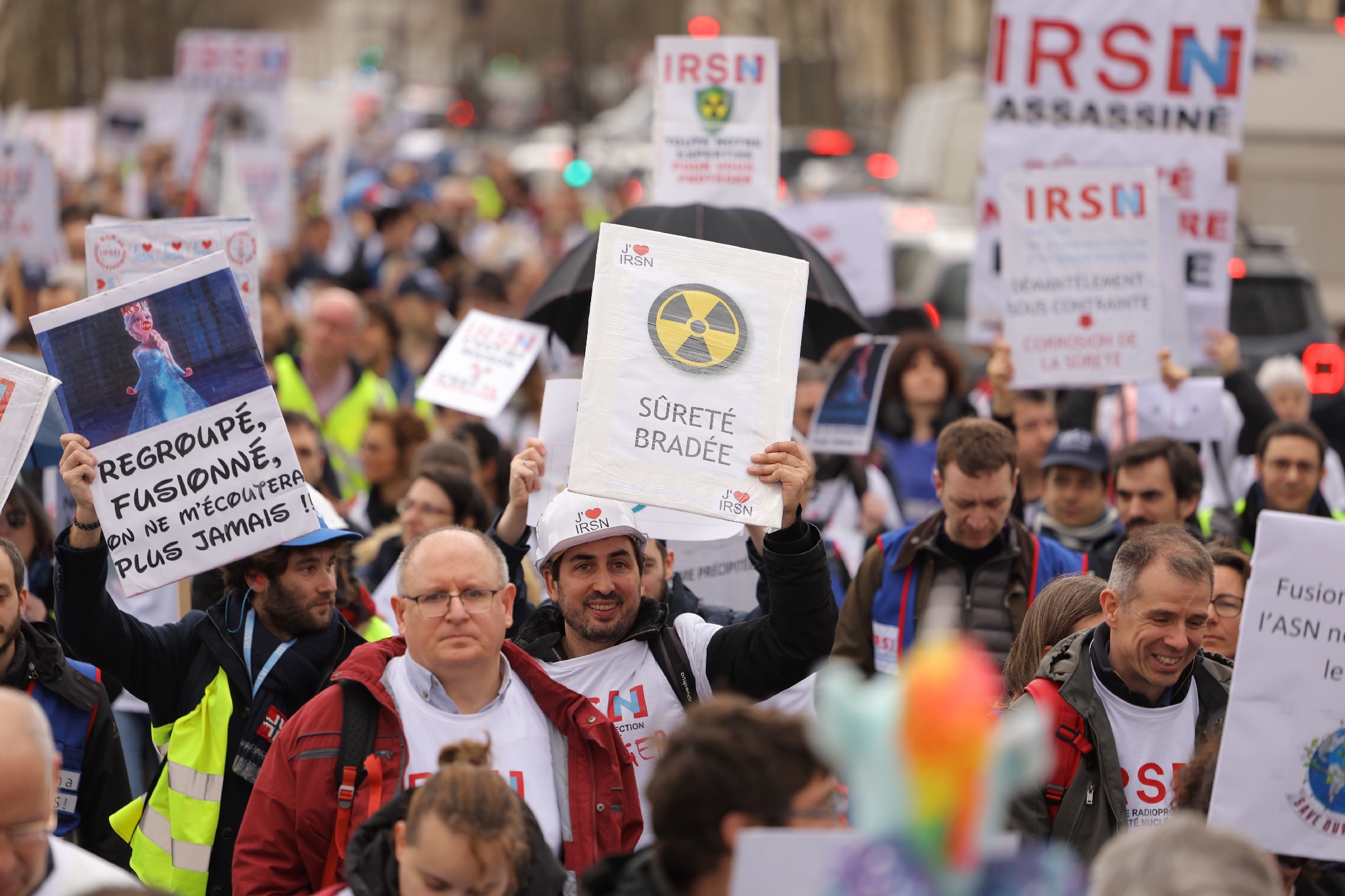 France's parliament has voted in favour of the government's nuclear investment plan with a large majority. The first reading of the bill, which focuses on the planned construction of new nuclear reactors, was approved with 402 votes in favour and 130 against. The bill simplifies the procedures for the construction of six new EPR reactors by 2035 and for studies for eight others. The new installations must be located on or near existing nuclear sites. In addition, the earlier policy of reducing the share of nuclear energy to 50% from the current 70-75% is cancelled.
France's parliament has voted in favour of the government's nuclear investment plan with a large majority. The first reading of the bill, which focuses on the planned construction of new nuclear reactors, was approved with 402 votes in favour and 130 against. The bill simplifies the procedures for the construction of six new EPR reactors by 2035 and for studies for eight others. The new installations must be located on or near existing nuclear sites. In addition, the earlier policy of reducing the share of nuclear energy to 50% from the current 70-75% is cancelled.
"After the Senate last month, the lower house this evening by a large majority voted in favour of the nuclear plan … the result of a work of co-construction, to tackle climate change and guarantee our energy sovereignty," Prime Minister Elisabeth Borne tweeted.
Energy Minister Agnès Pannier-Runacher tweeted: "Our objective is to make France a major carbon-free and sovereign nation," adding that this was the first building block for the "immense project of relaunching our nuclear industry". In the race to build new nuclear, administrative procedures should not slow down the life extension of existing reactors or the construction of new ones, she said. "With this project, we are launching the biggest scientific, industrial and human adventure that our country has known since the 1970s"
Macron has said he intends to start construction of a first next-generation EPR2 nuclear reactor before the end of his second five-year term in May 2027 as part of a €52bn ($56bn) plan to build six new reactors. This follows months of nuclear plant closures for repair and maintenance and continued delays to the first-generation EPR under construction at unit 3 of the Flamanville NPP, which is more than 10 years behind schedule and billions of euros over budget.
However, the National Assembly approved an amendment made earlier by the Senate which excluded plans to merge the Nuclear Safety Authority (ASN – l'Autorité de Sûreté Nucléaire) with the Institute for Radiation Protection & Nuclear Safety (IRSN – Institut de Radioprotection et de Sûreté Nucléaire). Both senators and deputies voted to maintain the two separate organisations, following strikes by IRSN employees.
Energy Minister Agnès Pannier-Runacher said the following day that the government still hopes to implement the merger and would reintroduce the plan during the second reading of the bill in the Senate. She pointed out that the nuclear policy council convened by President Emmanuel Macron in February had approved the merger. She argued that the new entity would become "the second biggest safety authority in the world in terms of human and financial resources, with enhanced scientific credibility”. Opponents, on the other hand, believe it would lead to a loss of independence and competence.






